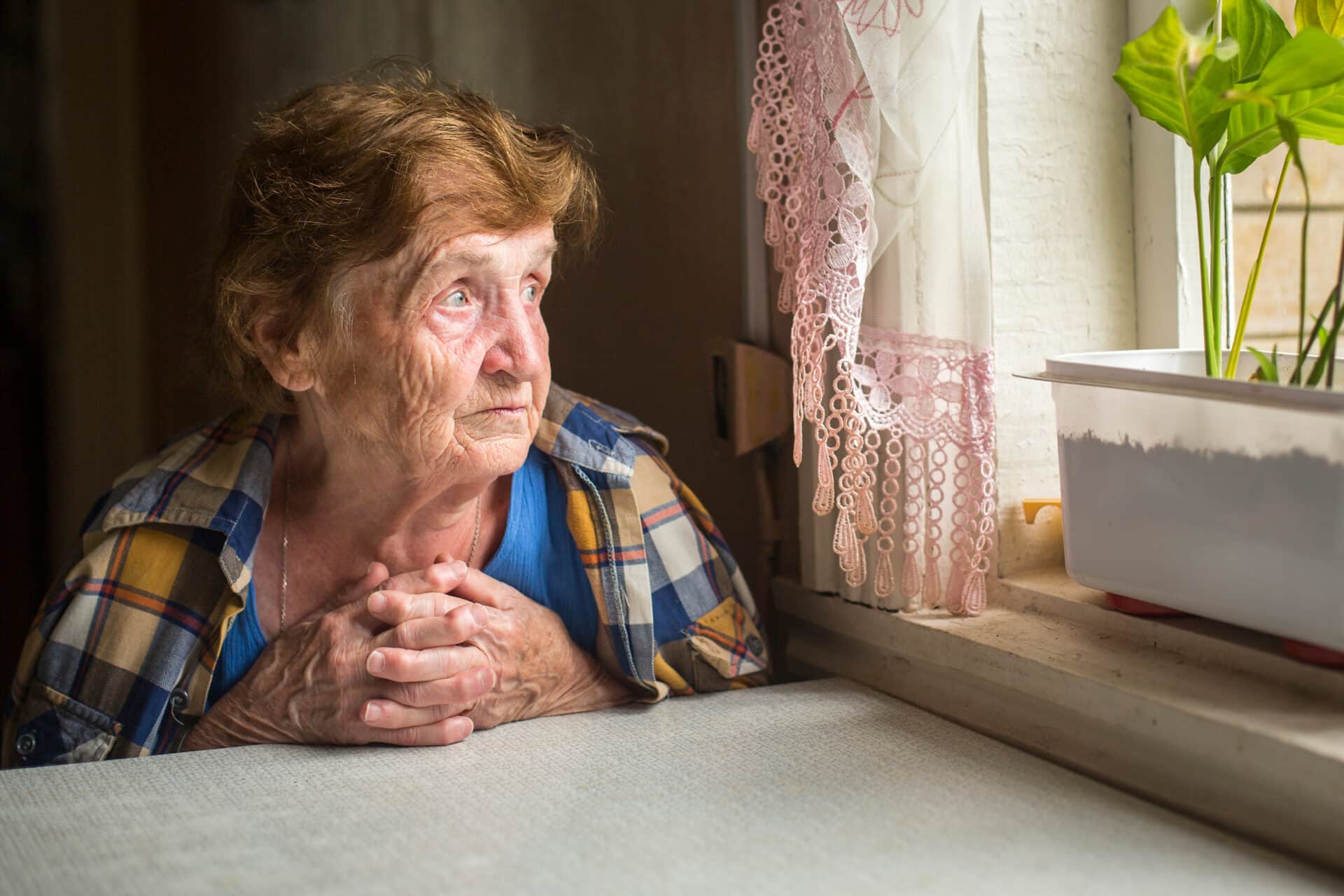Dementia Hallucinations

This article is about Dementia hallucinations and how we should respond to them.
These can be incredibly worrying for both the person with dementia and us as carers, so it’s vital we know how act when they happen.
Firstly, we need to determine whether the hallucination is actually bothering them. If it’s pleasant, you might not want to respond. Just accept that it’s dementia and thankfully isn’t causing any distress. If the hallucination however is upsetting them or causing them to do something unsafe, then it’s time to step in.
Always stay calm, validate their feelings and provide reassurance. Be careful not to brush off what they’re seeing by saying something like, “Don’t be silly, there’s nothing there,” this is likely to upset them more.
For them, what they are seeing is very real. If they’re scared, you could say “That sounds scary, I will protect you.” Or if they’re happy, you might say, “How wonderful.”
Often, dementia hallucinations can be triggered by things going on around us. So remove possible triggers such as background noise or visual stimulations. For example, things like a TV could make us believe that strangers are in the house or that we’re hearing voices. Dim lighting could make shadowy corners scary.
You could also try to distract them from their hallucination, for example, switching their focus to an activity that they enjoy such as singing, looking at photos, or helping with a chore. If they are severely distressed or if hallucinations put themselves or others in danger, you should contact their doctor immediately to get help.
Also, try keeping a record of hallucinations – note down what the hallucination was and make notes on the environment at the time, this will help you identify any regular triggers.
As always, Caremark Guildford and Woking are always on hand to provide help and advice.
Quality Home care Guildford. Quality Home care Woking.
#dementia #elderly #elderlycare #hallucinations #guildford #woking #homecare